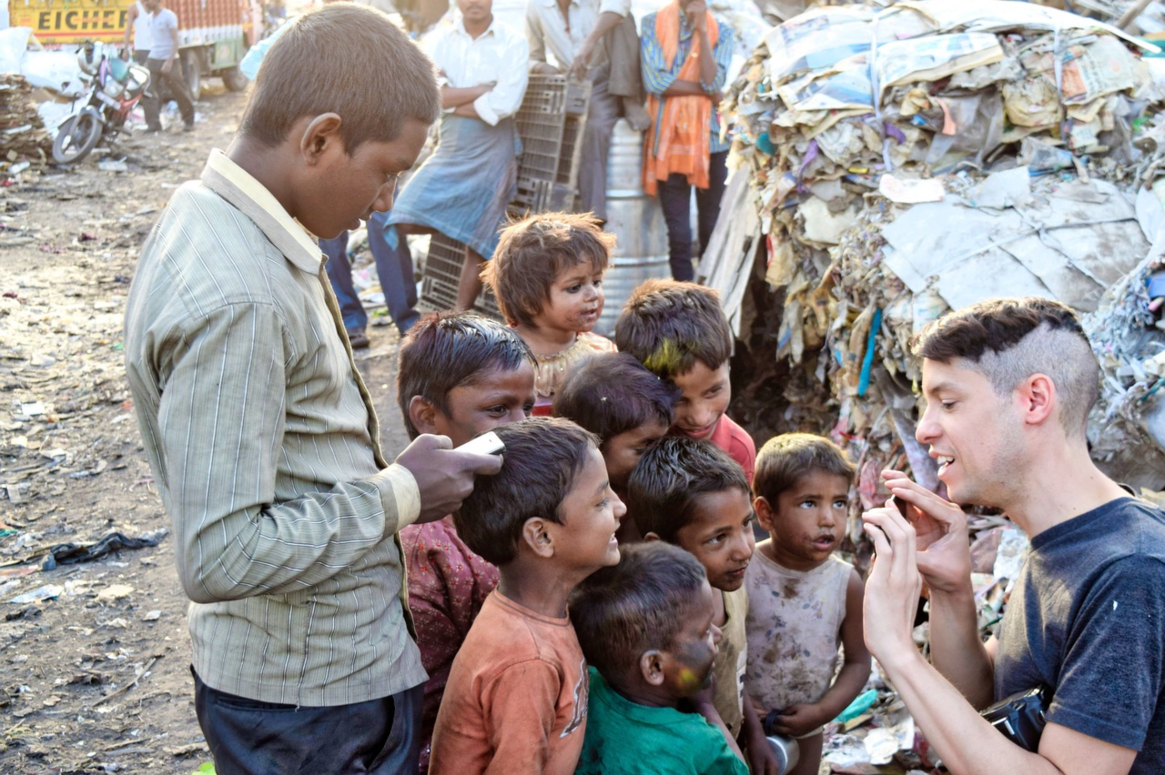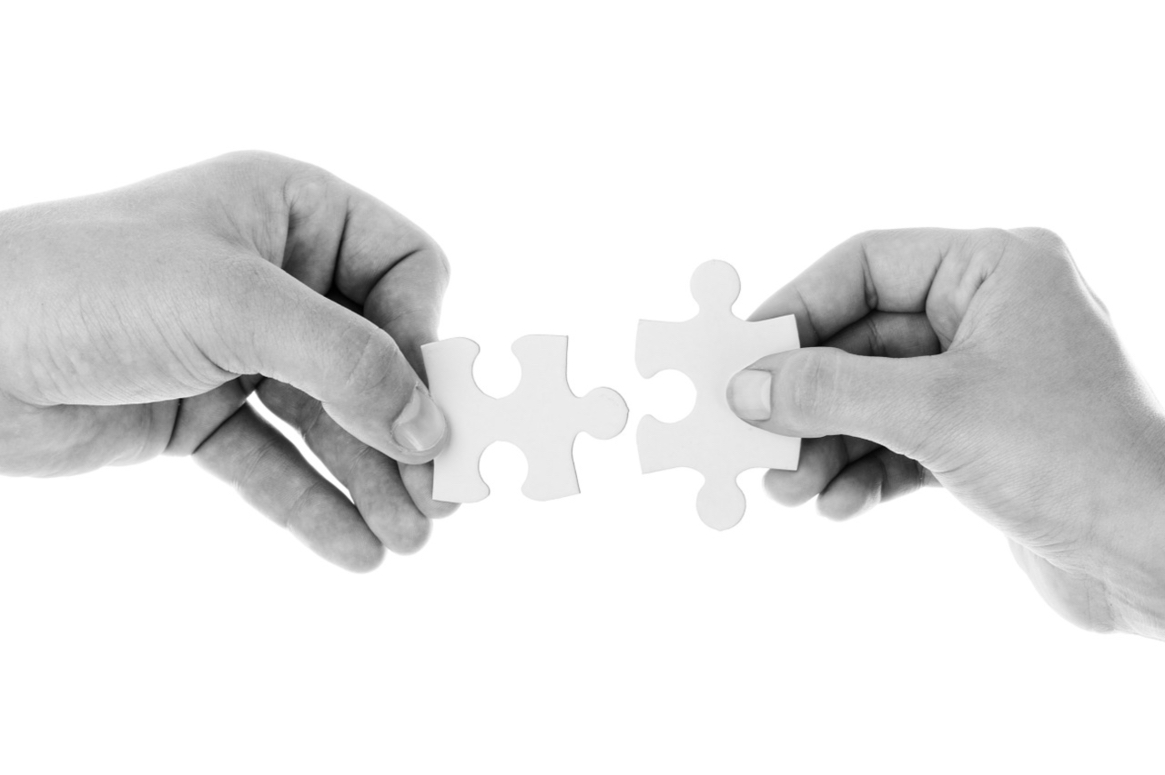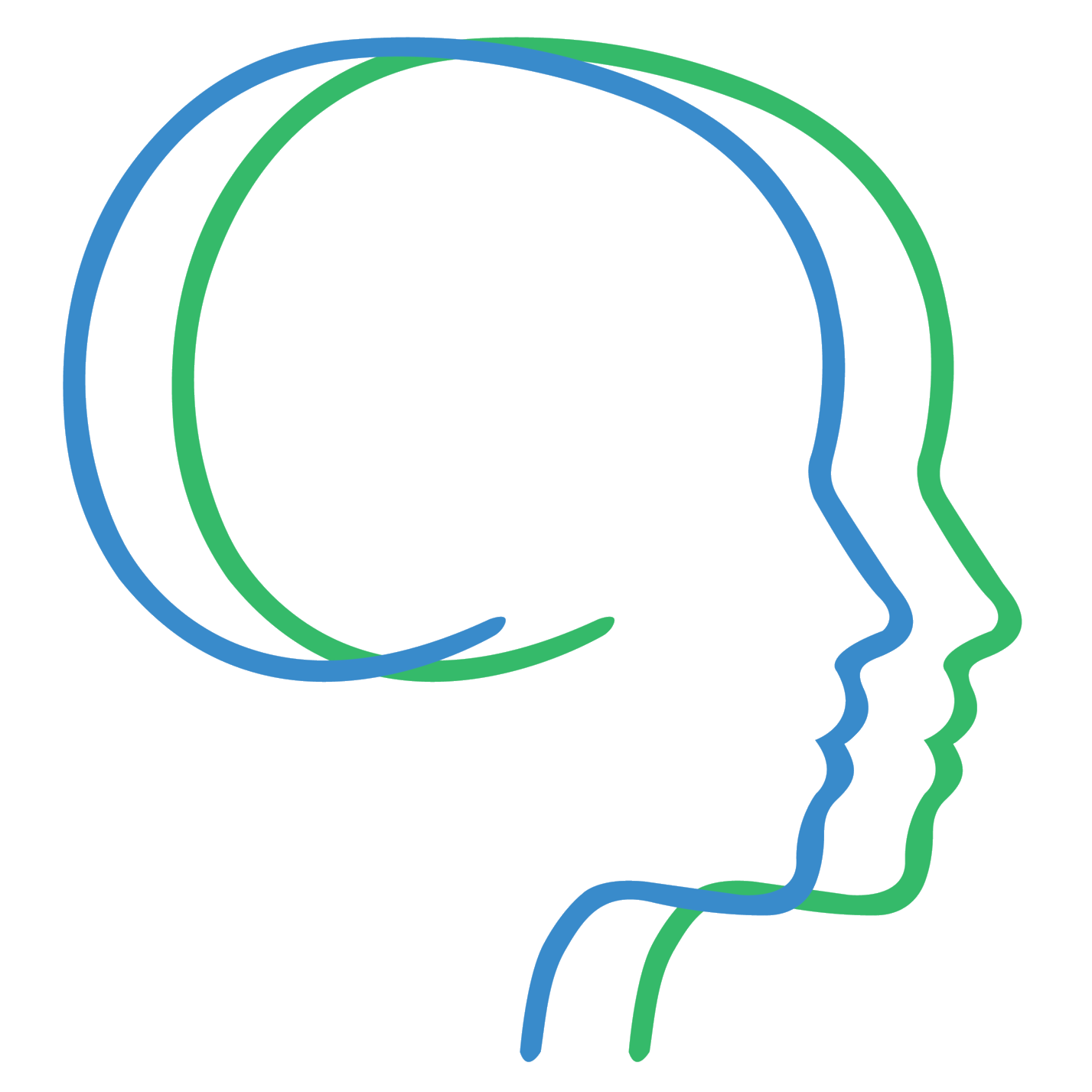Survival of the “Selfishest”
By this time in the game of life, we should have realized that society has taken a “u” turn towards me. The ability to develop empathy, meaningful non-virtual relationships, and other-centered love has been largely replaced by the idea that putting “me” first is the only way to achieve personal growth. In case we forget that, we can always be reminded of the importance of “me” by the front facing camera on our phones.
When self becomes number one, the rest of the world becomes at best number two. That mindset creates an automatic devaluation of others, thus making it easier to discriminate, bully, and undermine the infinite value possessed by every living soul. It is no wonder that the same generation that pretends to defend the “coexist” mantra is also deifying self and making ruthless war against all who stand in their way. As soon as my feelings are hurt, your wellbeing is a mere annoyance. What we are seeing, again, is an obvious and deliberate turn from the godly values that serve as a foundation for peace.
 “He must increase, but I must decrease.” John 3:30
“He must increase, but I must decrease.” John 3:30
This verse provides a simple, practical counsel as to how we can counteract this deceptive model that puts self at the center. It may even sound contradicting, but when you think of others before you think of yourself, a surge of life-giving energy pumps through your body that is more effective than many of the counsels you receive through the appropriately called “self-help” isle.
When Jesus said that it is “more blessed to give than to receive” (Acts 20:35), He was not merely giving a humble proverb to keep His children from being mean, He was giving yet another prescription for life. We are actually designed to give. This universe was carefully orchestrated to play the music of selflessness, creating a never ending cycle of giving. In his book “Could It Be This Simple,” Dr. Timothy Jennings describes this life law as follows:
“In nature we witness this cycle in the sun warming the oceans, which creates the clouds, which rain on the land to form lakes, rivers, and streams, which flow through the land bringing life…The plants produce the oxygen necessary for animals to live, and animals in turn produce carbon dioxide, which plants need to grow…Even in nature, when giving ceases so does life. The pool of water that stops flowing and releasing its water soon stagnates, and everything in it dies. When we cease to give our breath to benefit the plants, we inevitably die. It is through giving that we live.” p. 60-61.
We all know that receiving help, care, and support helps to reduce stress. Research has shown time and again that being the receivers of loving actions is associated with a longer lifespan, as it lowers coronary artery disease, hypertension, ulcers, and even alcoholism. However, studies are also pointing to the added advantages of giving help, care and support that go beyond the benefits of receiving, especially when it comes to mental health. In fact, one study even indicates that volunteerism can help you live slightly longer than if you exercise four times per week without volunteering (Russek & Schwartz, 1997).
There really is a life-giving quality to putting others first. It is no wonder the apostle Paul, when describing what love is in his first letter to the Corinthians, chapter 13, wrote the phrase “it is not self-seeking” as the pinnacle of his great chapter on love. That is the crux of the matter; the more you love, the more you give; the more you give, the more you live. Speaking of “crux,” there’s no greater example of life-generating altruistic love than the Creator of the universe hanging on a cross to transfer His life to a dead humanity.
 One of the facets of the cross is precisely this. Hanging on that tree, Jesus accomplished more than the forgiveness, redemption, and revelation of His character. He put humanity back in tune with the life-giving force that pulls together all creation. The dissonant note introduced by sin was erased by the greatest act of selflessness ever witnessed by the universe.
One of the facets of the cross is precisely this. Hanging on that tree, Jesus accomplished more than the forgiveness, redemption, and revelation of His character. He put humanity back in tune with the life-giving force that pulls together all creation. The dissonant note introduced by sin was erased by the greatest act of selflessness ever witnessed by the universe.
It is often assumed that love and hate are at opposite ends of the spectrum. But looking at it closely, we can see that hate is not the opposite of love. In fact, love and hate are dangerously close to each other. The more you love, the more you’ll hate. Think about it, the more you love children the more you’ll hate abortion; the more you love peace the more you’ll hate war. Your hate is proportionate to your love. When God said He hates divorce, it only reflects His love for marriage. God’s abhorrence of deception only reveals His love for truth. God’s hatred of sin is a declaration of love towards sinners. The more you love others, the more you want to distance yourself from selfish tendencies.
 Going along with the aposte Paul’s definition of love as being expressed as selflessness, its opposite could only be putting self first. It is very difficult to empathize, love, and care when your primary objective is to find out what’s in it for you. Although it has manifested itself in diverse ways, selfishness has been the backbone of the invisible monster that has ruined empires, governments, marriages, careers, and lives. It is a cancer that gradually grows, sometimes imperceptibly, and destroys itself after doing its pleasurable damage to the host.
Going along with the aposte Paul’s definition of love as being expressed as selflessness, its opposite could only be putting self first. It is very difficult to empathize, love, and care when your primary objective is to find out what’s in it for you. Although it has manifested itself in diverse ways, selfishness has been the backbone of the invisible monster that has ruined empires, governments, marriages, careers, and lives. It is a cancer that gradually grows, sometimes imperceptibly, and destroys itself after doing its pleasurable damage to the host.
As we have seen, our philosophical confusion has enthroned the self as never before. It now rests with each of us to both recognize and reverse this strongest of tendencies. A good start is to rediscover the joy of being genuinely happy for the success of others, and to teach our children to do the same. It’s not that hard, is it?
Sources:
Jennings, T. R. (2007). Could it be this simple: A biblical model for healing the mind. Review & Herald Publishing Association.
Russek, L. G., & Schwartz, G. E. (1997). Perceptions of parental caring predict health status in midlife: A 35-year follow-up of the Harvard Mastery of Stress Study. Psychosomatic Medicine, 59, 144–149.

